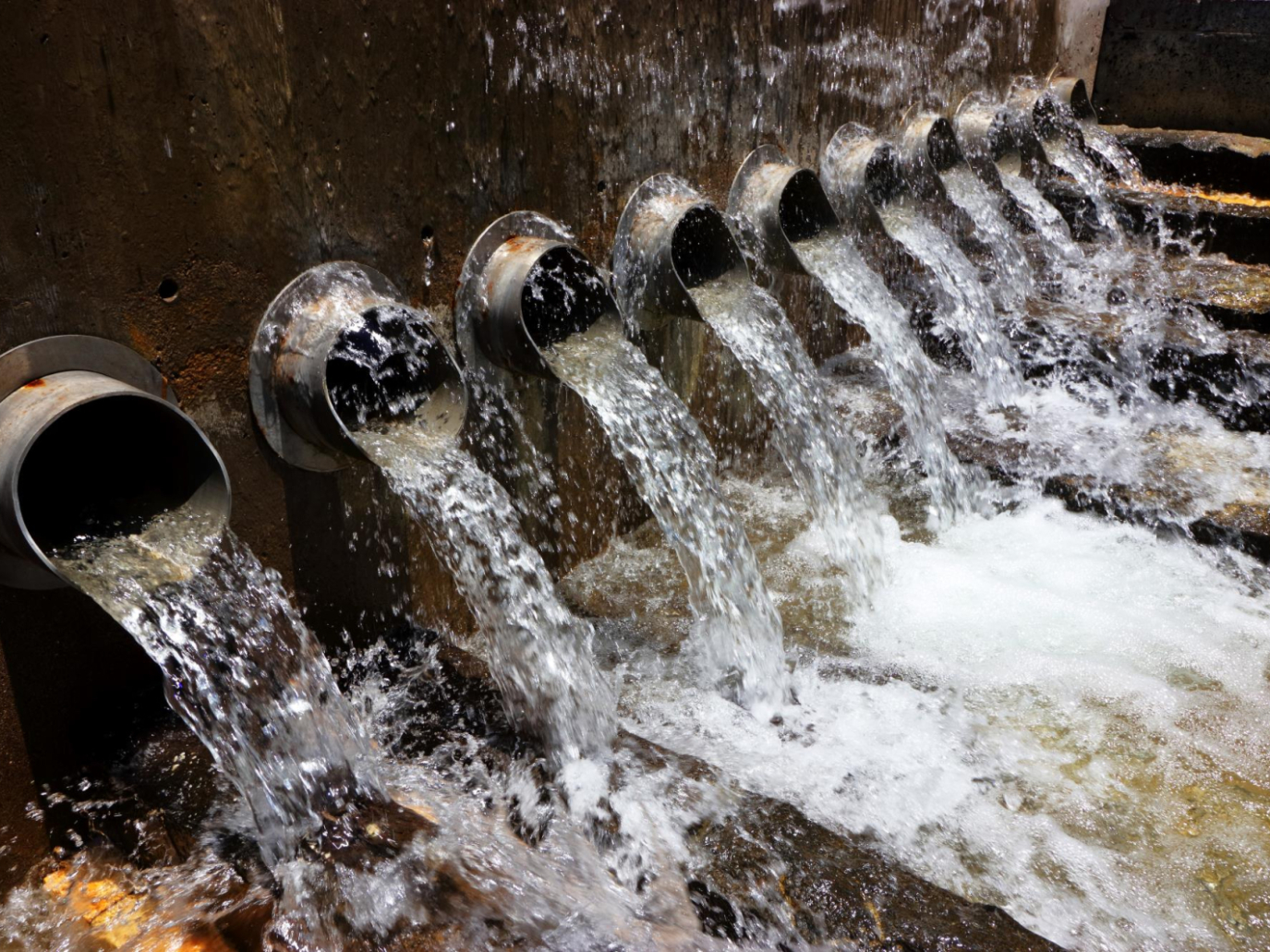On 11 September 2024, the international anti-corruption network Water Integrity Network (WIN) launched its third Water Integrity Global Outlook (WIGO). The report focuses on financial integrity and corruption risk in the water and sanitation sector, related to growing investment that will be required in the coming years. In fact, the World Bank estimates that countries will need to increase their current spending by about $140 billion per year - a tripling of current spending - to meet the Sustainable Development Goal 6 (SDG6) targets on drinking water, sanitation and hygiene (WASH). However, corruption, mismanagement and other integrity failures contribute significantly to the overall financing gap, wasting up to 26% of the resources invested in the water sector, according to WIN and the Inter-American Development Bank.
"The water sector is an ideal prism through which to see both the means by which corruption blights lives and some of the potential approaches for confronting it, which could be transferable to other sectors. Reliance on water as a basic commodity means that disruption of access to it from corruption has devastating social impacts, and disproportionately so for the poor”, commented Philip Mason, former anti-corruption advisor to the UK Department for International Development and a member of the report's steering committee. “WIGO24 casts a fresh look at how the systems for financing the water sector can be affected and proposes new ways of approaching the problem."
Water Integrity Global Outlook, what are the main risks?
According to the Water Integrity Global Outlook, the water and sanitation sectors are particularly vulnerable due to the often fragmented and complex governance framework, natural monopolies and high infrastructure costs. Indeed, the International Monetary Fund itself estimates that between 30% and 50% of infrastructure costs (in general, not only related to the SDG6) is lost due to mismanagement.
The WIGO report outlines the main sources of funding for the water and sanitation sectors (tariffs, taxes and transfers) and their risks. These include monopolistic supply scenarios that allow private interests to influence public bodies, fragmentation of budgets among multiple institutions, and different service delivery models that can create opportunities for corruption during procurement. Moreover, in some cases, issues related to tariff setting and project planning can disproportionately affect poorer communities if not handled transparently. In fact, user contributions generally account for about 90% of overall financing, with significant variations at the regional level. For example, in Latin America, tariffs cover over 80% of the sector's costs.
"When it comes to finance, it’s not just about the provision of infrastructure but systems for the ongoing delivery of sustainable, accountable services with full participation that matters. And that’s what water integrity is about”, commented Alana Potter, member of End Water Poverty and of the WIGO2024 Steering Committee.
A new approach
"While the cost of action to improve integrity is relatively low, the cost of inaction is unacceptably high and results in poor service delivery, inflated infrastructure costs and deteriorating water quality, costs that are exacerbated by the impacts of climate change," the report states. WIN therefore proposes an integrated approach “No Reason, No Room, No Reprieve” to improve the efficient use of available funds, ensure equitable and sustainable services and address inequalities in water and sanitation
The first pillar, 'No Reason', aims to reduce justifications for misconduct by promoting social and institutional norms that encourage integrity through ethical leadership and awareness-raising campaigns on the negative effects of corruption. The second aspect, 'No Room', focuses on creating management structures and systems that limit opportunities for corruption. This implies the adoption of robust regulatory frameworks and transparency in decision-making processes. Finally, 'No Reprieve' emphasizes the importance of accountability measures and sanctions for those who commit corruption.
Image: Envato elements



